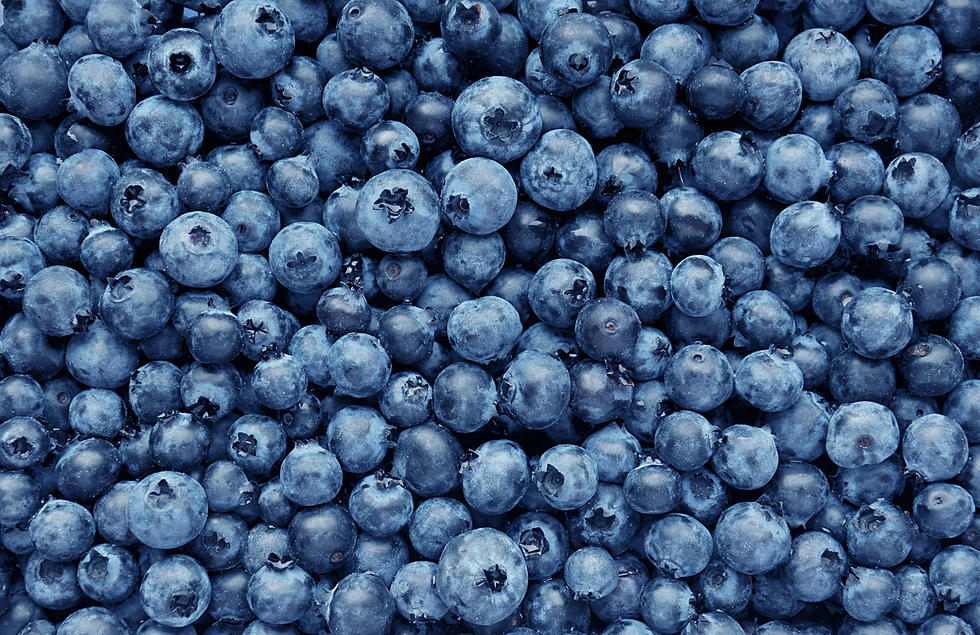
Maple Syrup Thieves Hit The Woods; Theft Rates Continue To Rise
Recent reports show that theft of Maple Syrup - direct from its source in the woods - is expected to increase again this year, continuing a trend. Officials in New England are tracking the crime that is difficult to solve.
Syrup is big business in Maine between late February and mid-April, when conditions are just right for sugar makers to extract sap from maples and boil it down to syrup over wood fires. The state last year produced 360,000 gallons, tying it with New York as the No. 2 syrup-producing state. Vermont, the top state, produced 750,000 gallons.
In most of the cases, the criminals trespass on private land to reach the syrup-producing Maple trees. Along with stealing the end-product and damaging the equipment used to harvest it, they're also destroying the trees themselves in the process.
Violators often use drill bits that are 7/8 of an inch, nearly triple the industry standard of 5/16 of an inch, to drill holes for the taps, Liba said. They're also using PVC piping that gouges the trees, and putting four taps in trees that should have only two, thereby creating undue stress on the trees.
With gouges and large holes, the trees are more susceptible to decay and disease. And they also carry less value in the marketplace.
Not only does this damage wreck the syrup-producing quality of the trees, it also evaporates any value once the tree itself has lived its normal life.
The best maple trees are highly sought-after for veneer used in making cabinets and furniture or as logs that are suitable for processing at a sawmill. But when the trees are damaged they're only suitable for less-profitable uses, such as pulpwood for pulp plants or for biomass plants.
"If you're talking dozens of trees with illegal taps that have suddenly been lowered potentially to firewood, the impact on the landowner's wallet could be in the thousands," Liba said.
The Maple syrup season is currently in full swing, running from late February until the middle or end of April.
More From KOOL 101.7









